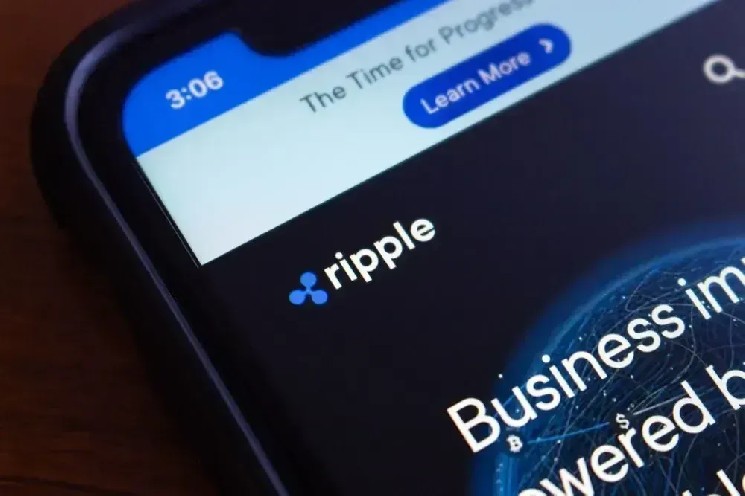Against the backdrop of major economies like the US, Europe, and China launching monetary easing policies, the Bank of Japan, which had been leading the world with its ultra-loose monetary policy, finally could not withstand the rising inflationary pressure, ending the era of negative interest rates that had lasted since 2007 in March this year, and further raised rates by 1 notch to 0.25% in late July, leading to a massive unwinding of yen carry trades and a historic plunge in Japanese stocks, affecting global markets.
Therefore, at the monetary policy meeting scheduled for October 30-31, the focus of the market is whether the Bank of Japan will choose to raise rates again or remain on hold.
Ueda Admits: Pressure to Raise Rates Keeps Him Awake
According to a Bloomberg and Reuters report, Bank of Japan Governor Ueda, who has vowed to normalize monetary policy, hinted today (24th) that further rate hikes are on the horizon. While attending the IMF and World Bank annual meetings in Washington, he said that determining the appropriate scale and timing of further normalization of Japan's loose monetary policy is an "extremely difficult" task that keeps him awake at night.
I am considering the appropriate scale of the overall normalization going forward, and how best to allocate rate hikes over different time periods, which keeps me awake 24/7.
He added that achieving the 2% inflation target "will still take time", and the central bank will act cautiously, but he also warned that raising rates too slowly could pose risks, as it may allow speculators to accumulate positions, leading to yen depreciation and pushing up import costs, undermining the effectiveness of fighting inflation.
When there is a lot of uncertainty, you usually want to be cautious and gradual. But one issue here is that if you move very, very gradually, and create an expectation that rates will remain low for a very long time, that could lead to the accumulation of huge speculative positions, which could become a problem down the road. We need to strike the right balance.
He said that if the economic developments match their forecasts, the Bank of Japan will continue to raise rates, but he also stressed that in determining the timing of the next rate hike, they need to carefully examine global economic uncertainties, such as the outlook for the US economy.
Bloomberg Survey: High Chance of Another Pause in Rate Hikes at Month-End
Last Friday, Japan's September core consumer price index (CPI) rose 2.4% year-on-year, slightly higher than the market expectation of 2.3%, but marking the first slowdown in 5 months. The CPI, which has remained above 2% for 30 consecutive months, still reflects Japan's huge inflationary pressures, reinforcing the central bank's determination to raise rates. However, Japan's rate hikes are likely to trigger a massive unwinding of yen carry trades, a plunge in Japanese stocks, and a shift of foreign capital to the US and Europe, a series of negative impacts that have left Ueda deeply troubled.
According to the latest Bloomberg survey, most of the economists surveyed expect the Bank of Japan to keep rates unchanged next week, with about 53% expecting another rate hike in December, and the proportion expecting a hike in January has jumped from 19% to 32%.
A Reuters survey last week also showed that 51% of the economists surveyed expect the Bank of Japan to keep its main rate at 0.25% by the end of 2024; in addition, 87% of the economists expect the Bank of Japan to raise rates to 0.5% by the end of March 2024.
Further Reading: Rate Hikes Coming to Japan! Over 80% of Experts Expect Rates to Reach 0.5% by End of March 2024
Yen Drops to 3-Month Low, Prompting Early Rate Hike by BOJ?
Today, the yen-dollar exchange rate briefly fell to 152.118, the lowest level since July 31, and many Bank of Japan watchers are closely monitoring the yen, as this could be a key factor triggering an earlier-than-expected rate hike by the central bank.
Naoya Hasekawa, chief bond strategist at Okasan Securities, wrote in the survey: "With the US presidential election approaching, the likelihood of the Bank of Japan sending a strong signal of a rate hike in December is low. The Bank of Japan may emphasize close monitoring of the US economy as well as domestic inflation and wages, while maintaining a stance of raising rates if the outlook is met."
Moody's economist Stefan Angrick pointed out: "While dovish comments from Ueda and new Prime Minister Ishiba have reduced the near-term likelihood of another rate hike, the yen falling back below 150 against the dollar may prompt the Bank of Japan to hike rates earlier than expected."
Some economists also said the outcome of the Japanese House of Representatives election on October 27 may not have a clear impact on the monetary policy decision at the end of the month. "If political instability makes rate hikes more difficult, this could weaken the yen, ultimately pushing Ueda to raise rates."








